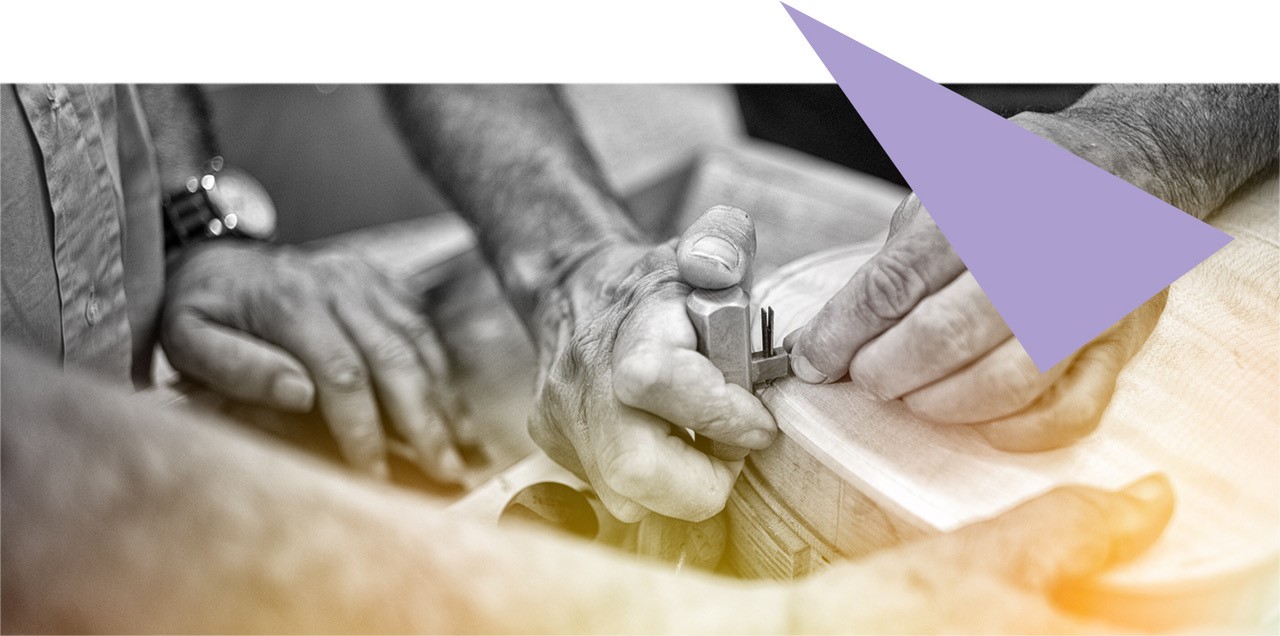Conscious Improvisation: a deep and functional approach
The Lab highlights that improvisation is a formative activity that allows individuals to reflect on their own artistic practice, to express themselves, and to develop higher order abilities in a broad musical context. This form of 'conscious improvisation' music laboratory, open to musicians of various music backgrounds, and of various instrumental as weel as vocal/singing specialization, creates a very innovative learning / teaching environment in which there is not ex cattedra teaching figure. Becoming aware of multiple processes implemented in musical performance through the improvisation practice is crucial in many areas such as: theater, activity of artistic installations, creative workshops for non-musicians.
Workshop 6.-11.3.2023 at the Conservatorio di musica Santa Cecilia Rome, Italy >>

Details
The Lab investigates on some recurrent aspects of improvisation, despite different kind of definitions and approaches, and how improvisation can be argued as a key aspect of musical expression that has been used in different forms and based on different principles.
Premise
“In 1968 I ran into Steve Lacy on the street in Rome. I took out my pocket tape recorder and asked him to describe in fifteen seconds the difference between composition and improvisation. He answered: ‘In fifteen seconds the difference between composition and improvisation is that in composition you have all the time you want to decide what to say in fifteen seconds, while in improvisation you have fifteen seconds.’ His answer lasted fifteen seconds and is still the best formulation of the question I know.” Frederic Rzewski, Listen to Lacy, Wiener Musik Galerie brochure, 1990.
Improvisation can be found in most cultures, and it could be used as a tool to assess the complexity of the culture that produced it. Moreover, there are historical and stylistic variables involved because the technique of improvisation occurred at different times in the history of music.
Creative and performance acts defined by musical and social constraints are involved in real-time. Possible educational applications include activities based on the development of processes such as anticipation, use of repertoire, interactive communication, feedback, and flow.
We believe that a music experience, as the Lab6, is effective if it plays up as follow: "Once you have become a master in one thing, you immediately become a student in another" (Gerhart Hauptmann).
Reflection
The Lab 6 participants are encouraged to reflect about their creative processes and to self-assess their experiences, thus developing a more complete awareness about the tasks performed. This approach is transferable and adaptable in relation to different contents and contexts and could be used in a complementary manner for considering on music individual and collective processes.
The outlined framework of the Lab6 underlines that improvisation is a complex, multidimensional concept that requires several specific skills which are frequently explored as a continuum, without distinguishing where the expert level starts on this continuum.
The Lab 6 motivates the participantes' reflection process through such questions as: “What are the characteristics of improvisation?”; “What is the line of continuity and what is the dividing line between composition and improvisation?”; “What are the main reflecting processes underpinning musical improvisation?”; “What are the skills and competences involved in musical improvisation?”; “How can musical improvisation be taught?”; “What outsets can be used to increasing an improvisation teaching/learning approach based on the development of processes?”; “What role and function does improvisation have in the construction of transversal methodologies among different departments in HEIMs?”
Methodology
'Conscious Improvisation: a Deep and Functional Approach to Music Practice', takes place on integrating diversified methodologies:
- the 'flat hierarchy' which promotes participants involvement through a decentralized dicision-making process. The idea is that well-trained / motivated participants will be more creative when they are directly involved in the decision-making process made by self-organising teams/groups/ensembles or rotating team leaders/conductors.
- the 'design thinking' based on solving real life cases through group analysis, brainstorming, innovation and creative ideas. Although 'design thinking' is a structured method, in practice it can be quite “messy” as some cases may not have a possible solution based on past experiences, and this generates the search for creative answers and new solutions.
- the 'focus group discussion' used to collect the Lab 6 results through the group interaction. This provides feedback regarding the 'conscious improvisation' experience through the cooperative learning strategy in which small groups fo participants work together on a common task.
These methodological approaches apply to both students and teachers: all participants collaborate with the same 'cognitive deliveries' and particular attention is paid to creating a teaching/learning environment, supporting interactive communication, and stimulating participants’ intrinsic motivation to reflect.
The Lab 6 learning/ teaching context is articulated as a hub, as a fulcrum of experiences based on continuity; this constructs innovative educational contexts to apply learning approaches such as learning by doing, problem solving, critical thinking, and divergent skills development. The musical relationship established in this laboratory enables each participant to have constant self-development, since no judging/teaching figure is privileged.
The Lab 6 will bring all participants to the development of reflecting thinking as they become aware of their processes, only apparently spontaneous: mental, cognitive, emotional, relational that are created during the improvised performance. As the Lab6 participants do not follow a score, or not in a prescriptive way, they become conscious to broaden a full listening to temselves and to the group/ensemble. Thus they focus on those attitudes they want to pursue according to their objectives: performative / creative / communicative.
Designing the Lab 6 activities, the focus is on the processes that facilitate improvisation rather than the products of improvisation itself; so both stylistic characteristics and aspects of musical imporvisation have to be considered, such as originality, fluidity, flexibility and processing, which distinguish divergent thinking.